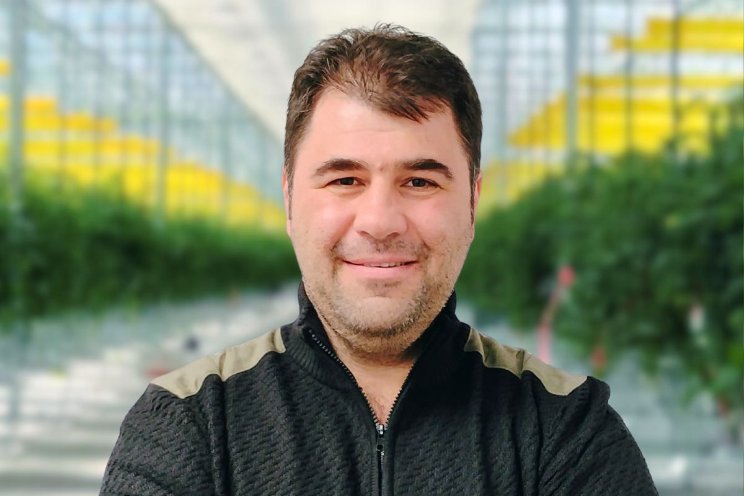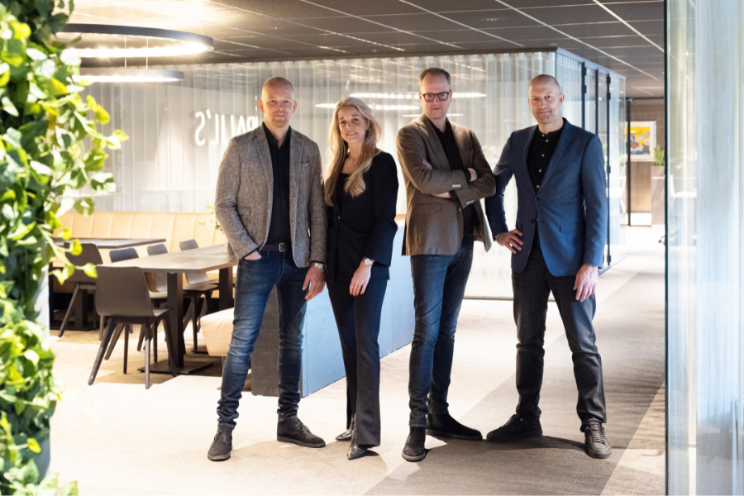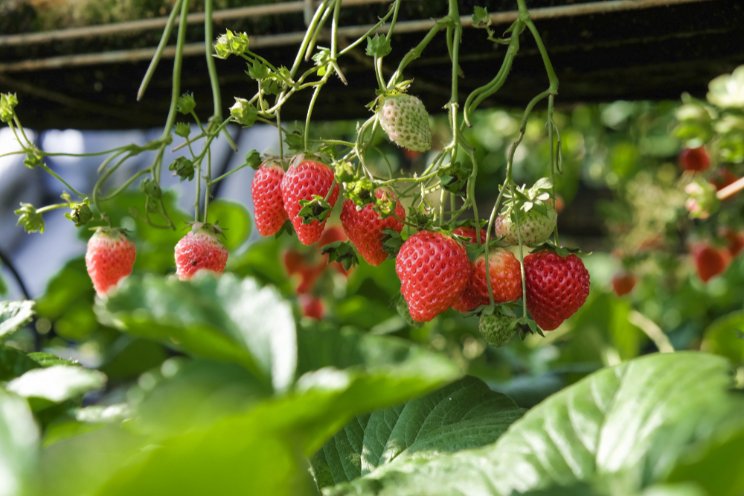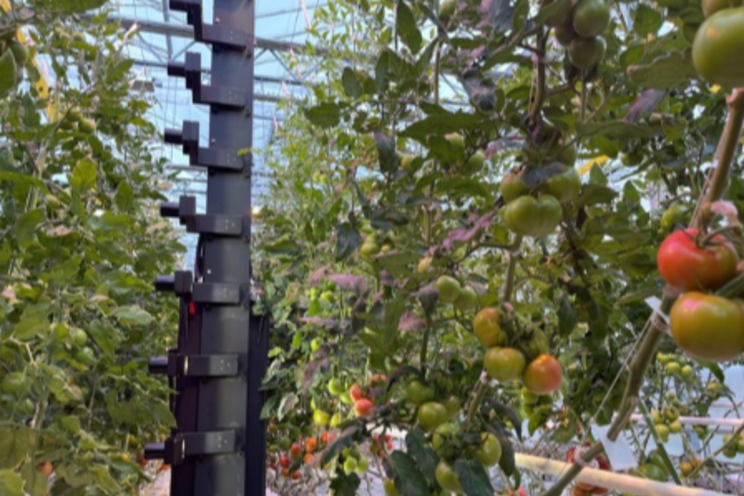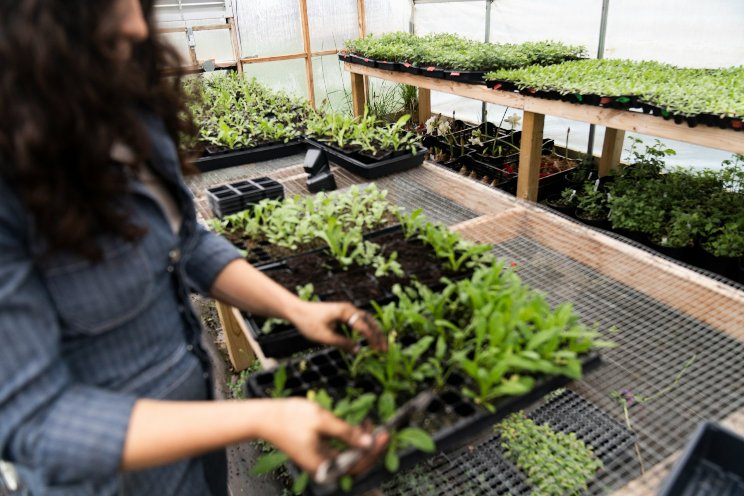Can AI help us address food insecurity and food waste?
Added on 02 December 2022
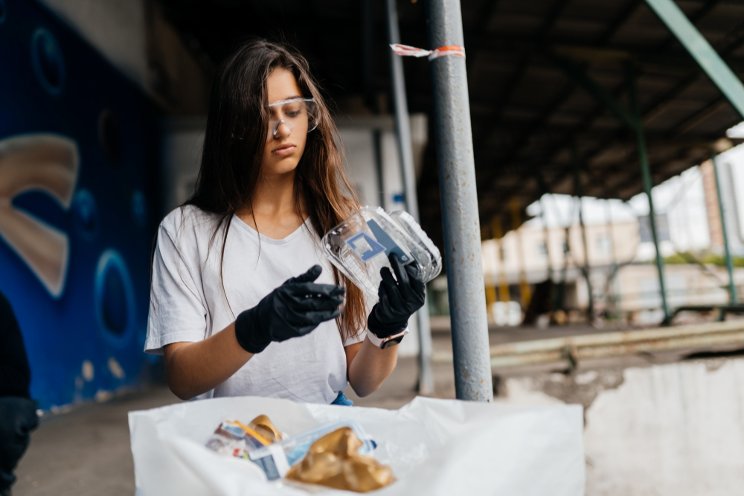
- We each throw out 74kg (163 lbs) of food waste per person per year.
- UN Sustainable Development Goals aim for 50% less food waste by 2030.
- AI software has been shown to reduce supermarket food waste by a third. (in some cases)
- Tech startup Wasteless is using AI to cut down on food waste.
- Wasteless is a member of The Circulars Accelerator Cohort 2021 on UpLink.
Everyone throws away perfectly good food. We buy it at the market, and it appears to be fresh: Ripe fruit and vegetables at their prime, daisy products with a “sell by date” within the period we’d expect to consume them, the same with meat and fish. Or we buy frozen food and stick it in the freezer until someday we decide that maybe it’s been there too long. It looked perfect in the supermarket. The ripe fruit or vegetables, the prime meat, the nutritious dairy products - all of this ends up in the trash and eventually in the landfill, which is a significant contributor to greenhouse gases as it decomposes.
At the same time, two billion people around the world suffer from malnutrition. 60% more food is needed to feed the global population by 2050. Can an AI-enabled agricultural industry meet this demand: 700 million of its workers currently live in poverty, and it is already responsible for 70% of the world’s water consumption and 30% of global greenhouse gas emissions. These are two different problems – food waste and global hunger.
Continue reading.
Photo created by teksomolika - www.freepik.com
More news
